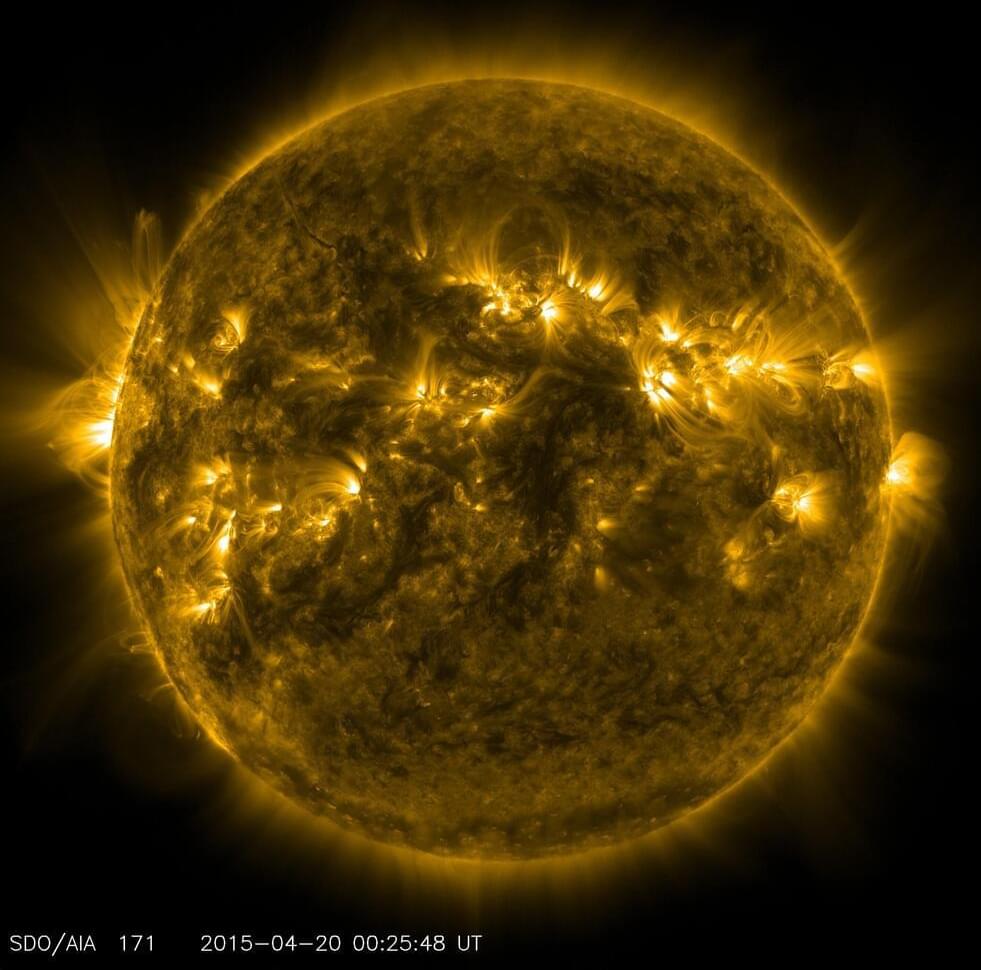“Solar system formation models using the new solar composition successfully reproduce the compositions of large Kuiper Belt objects (KBOs) and carbonaceous chondrite meteorites, in light of the newly returned Ryugu and Bennu asteroid samples from JAXA’s Hayabusa-2 and NASA’s OSIRIS-REx missions.”
To make this discovery, the team combined new measurements of solar neutrinos and data about the solar wind composition from NASA’s Genesis mission, together with the abundance of water found in primitive meteorites that originated in the outer solar system. They also used the densities of large KBOs such as Pluto and its moon Charon, as determined by NASA’s New Horizons mission.
“This work provides testable predictions for future helioseismology, solar neutrino and cosmochemical measurements, including future comet sample return missions,” Truong said.
